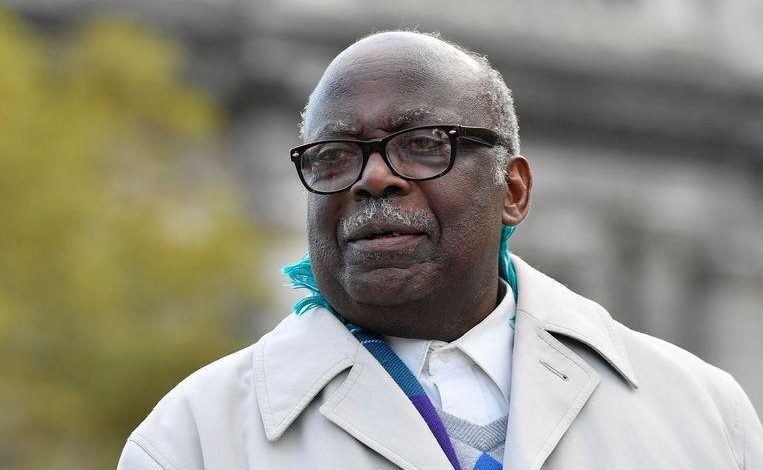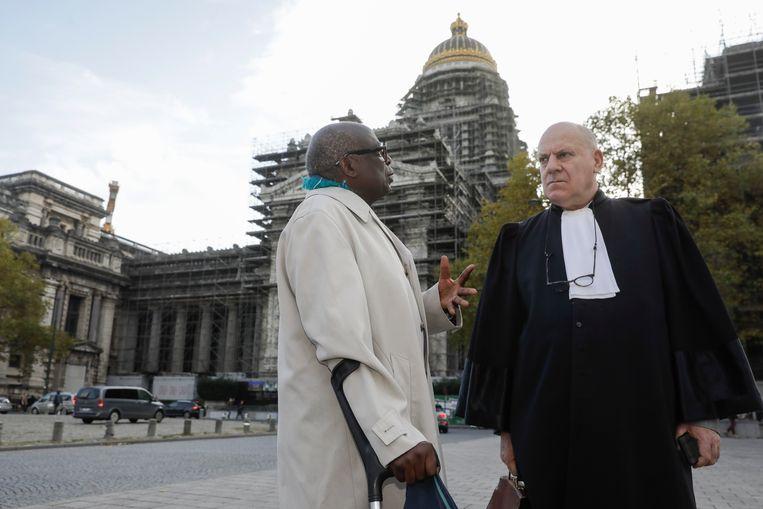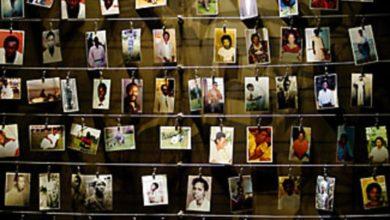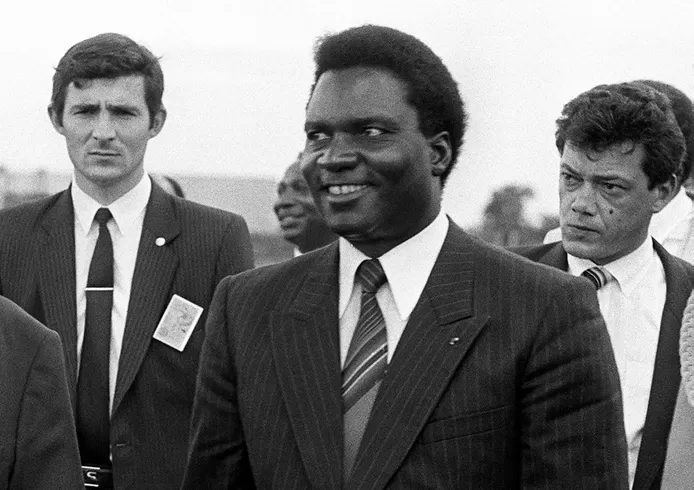Fabien Neretsé guilty of genocide and war crimes in Rwanda

Fabien Neretsé was found guilty by the Brussels Assize Court of genocide and various war crimes he committed in 1994. The latter include nine murders and three attempted murders in Kigali on 9 April 1994 and at least two murders in Mataba, his hometown in north-west Rwanda, in May and June 1994. He was acquitted for two other killings in Kigali on 9 April 1994. The verdict came after two days of deliberation and six weeks of debate.
The 71-year-old Neretsé, who had been living in France for many years, was an agricultural engineer responsible for the Rwandan service for the sale and export of coffee. Among other things, he was accused as a co-perpetrator of the murder of an indeterminate number of people, thirteen of whom were identified, and some of whom belonged to the Tutsi minority.
The crimes
The first crimes charged against him took place on 9 April 1994 in the Nyamirambo district of Kigali, the capital of Rwanda. The accused lived in that neighborhood, together with his wife and five children. The Bucyana-Beckers family, the Sissi family, and the Gakwaya family, all from Tutsi-origin, also lived in that neighborhood. On the day in question, those three Tutsi families tried to reach a United Nations (Minuar) camp. Two days before, the massacres by the Hutus on the Tutsi had started in Kigali.
The three families gathered on the grounds of the Sissi family when first a truck with soldiers arrived and then a second truck with Interahamwe militias. The family members were beaten and taken to the back of the house. There the soldiers opened fire. Ten people died, among them the Belgian Claire Beckers, her husband Isaiae Bucyana, and their daughter Katia. An eleventh person was killed when he tried to get through a military roadblock. Two teenagers managed to escape the shooting. A 14-year-old girl was also injured. And the army also spared the grandmother of the Sissi family. According to the accusation, it was Fabien Neretsé and his domestic servant Emmanuel who had informed the military and the Interahamwe of the imminent departure of the three Tutsi families.
Founder of militia
Neretsé was also on trial for the second series of crimes. They were allegedly committed in May and June 1994 in Mataba, his hometown in northwest Rwanda. In mid-April 1994, Neretsé left Kigali with his family and returned to his hometown in Mataba. According to several witnesses, Neretsé founded and led an Interahamwe militia there. That militia would have been responsible for several massacres of Tutsis and moderate Hutus in the region. The number of killings is unclear and the identity of the majority of the victims is unknown. Nevertheless, two victims could be identified: Anastase Nzamwita and Joseph Mpendwazi.

Anastase Nzamwista was a former employee of the service where Neretsé was the director. In May 1994, according to witnesses, the man was taken by Interahamwe who was part of the militia set up by Neretsé. The man was beaten to death and his body was subsequently thrown into a river. Joseph Mpendwazi for his part, was a moderate Hutu. According to witnesses, he was captured on 19 June 1994 by Interahamwe militias led by Neretsé in Nyakabanda, not far from Mataba. The man was later dropped off at a military roadblock and was not seen again afterward.
Denial
During the trial, Neretsé rebutted all accusations against him, pointing out that in 1992, two years before the genocide, he gave up all the vital government posts he held. He also said that he had not been the leader of the Interahamwe, the youth militia of the MRND government party, which is considered to be partly responsible for the genocide.
As regards the facts in Kigali, the jurors took into account that Neretsé changed his version of the points several times. “Initially he stated that he had not noticed the preparations made by his neighbors before their departure (…). But then he said he knew of a first departure, of Ernest Gakwaya and his children,” they noted.
Regarding the crimes committed in the Mataba area, the jury emphasized that Neretsé had a certain prestige in the region. “He was considered a benefactor because he helped build a school and a health center, and an intermediary of the authorities.” The judges also said that Fabien Neretsé knew very well that school staff, who lived on his property, participated in attacks in the hills.
Genocide
Concerning the allegation of genocide, the members of the jury believe that there are sufficient elements to support the facts, such as the fact that he was not, as he claims, expelled from the government party MRND. His departure from the Rwandan service for the sale and export of coffee was the result of accusations of embezzlement against him, and his departure can, therefore, be seen as a form of protection, according to the reasoning.
The selection board also rejected the statements of two witnesses who claimed that Neretsé had received Froduald Karamira on several occasions, who had been found guilty of organizing the genocide in Rwanda, and had also made comments of his own indicating ‘intent to commit genocide’. According to witnesses, he instructed the Interahamwe militias ‘not to get tired of digging pits’ but ‘to take the killed Tutsis to the Nyabarongo river’. Finally, the account was taken of the fact that Fabien Neretsé had remained in contact with the genocidal government in exile and that he had “changed his name on his arrival in France, presumably to escape persecution”.




